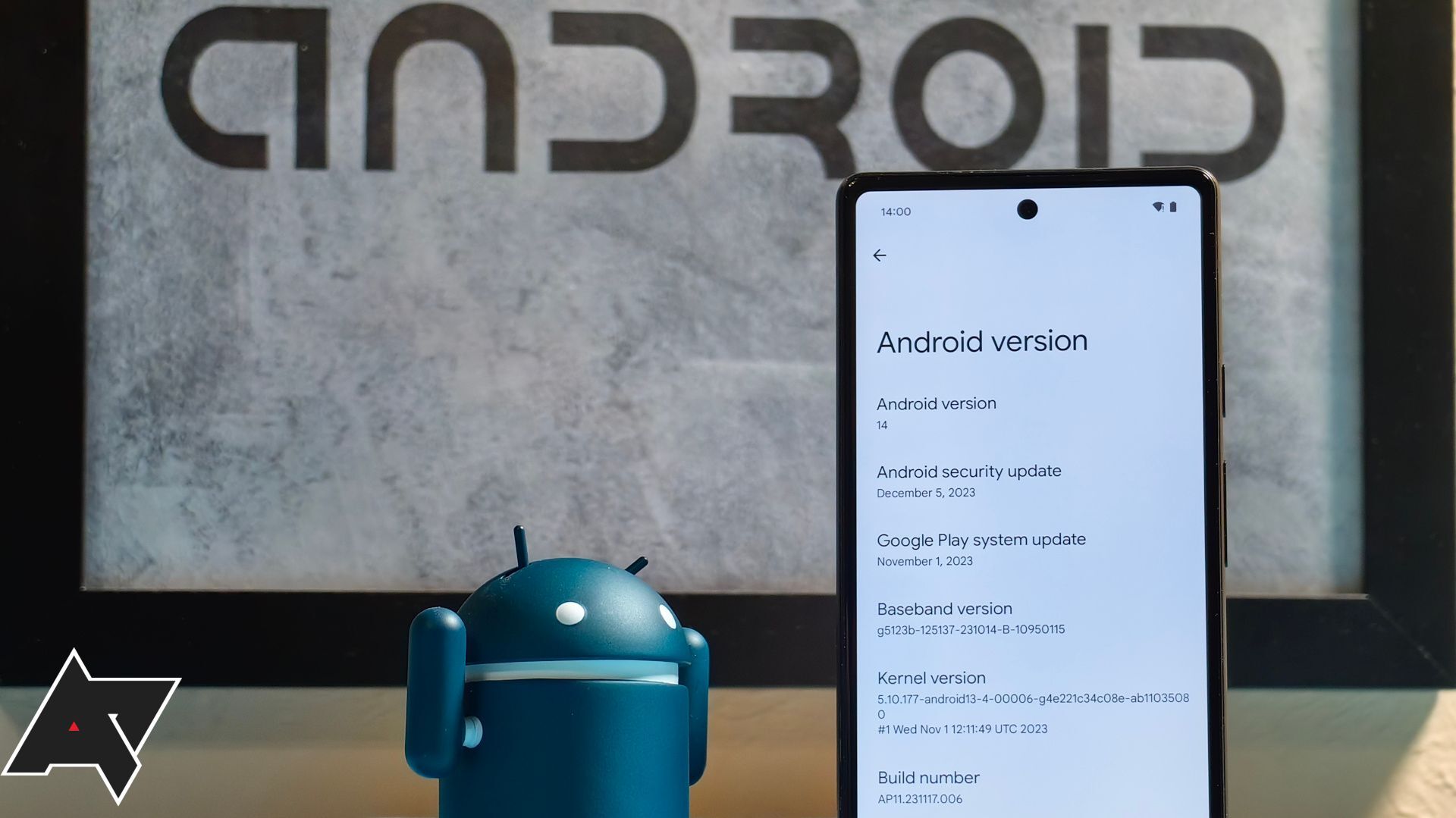Wow, some of the comments on that article saying Google should have made Android closed source are mindboggling. They realize they never would have had their current worldwide marketshare if they did that, no?
But maybe if they did, we would have had more people working on true linux phones 🤔 I’m a bit torn on this one haha.
I doubt they would’ve gone Linux.
They liked Android partly because it enabled them to isolate the Linux core from being easily accessible, so conventional Linux tools wouldn’t be easily used. This is all part of their path toward a fully locked down device for DRM.
This was a discussed a fair amount early on in my group at work. We had seen the Linux phone (that later became Android) and were excited. Then we were disappointed to see Android layered on top like Posix or Win32, rather than just the shell. All we could think is “wtf”, you have an OS, and a layer based on html/scripting is gonna be sluggish, bad on battery, etc. And it was for quite a while.
I don’t think this article is right.
Competition is good. The problem is uneducated buyers.
I like it. I’ve never been a fan of the proprietary Google services and everything relying on their APIs, push notifications and everything using their servers. Breaking that and fragmenting the ecosystem means developers have to come up with other solutions, maybe standardize protocols and not just rely on Google’s services because they’re easy to use.
Currently contactless payment only properly works with Google as a middleman. Every proprietary app displays locations in Google Maps, there is no choice to not send your location to Google. Nearly every messenger routes push notifications over Google’s servers. There is no text to speech for other languages than English. No car play etc. Some proprietary apps rely on Firebase because it’s easy to use. Some don’t even work at all without Google. It’s more the source code of the operating system is open and permissively licensed, but they took care the higher level functions that are super important to apps and the user all rely on them.
Sad how far Android Police have fallen, as well as Google themselves
Had to disable JavaScript just to read the damned thing
This article’s mentioned examples of disharmony, confusion, further division, and fragmentation… are really not even a global issue across Android. It cited a hardware-specific accessory, an Amazon internal corporate decision, and ignores a basic fact about apps or services is you can go with another app or service to fit your personal liking and functionality.
Is the author proposing that exclusive features are a bad thing? I don’t think the premise of Android is everyone should be the same tho. It’s also not a bad thing to have different options.
Be Together, Not the Same
- Android ad campaign, 2014
Yeah, and Apple’s used to be “Think Different”, so?
The author seems to be upset that a Google accessory doesn’t work with a non-Google phone, because they expect Android to just mean Android. If you don’t want to be locked into Google hardware, buy an Android phone from literally anyone except Google
It is confusing. If you have two apps on your phone that do the same thing, how is the new user supposed to know what to do? I’m thinking of Samsung and how they insist on shipping their own branded stuff that, for the most part, brings nothing new to the table.







